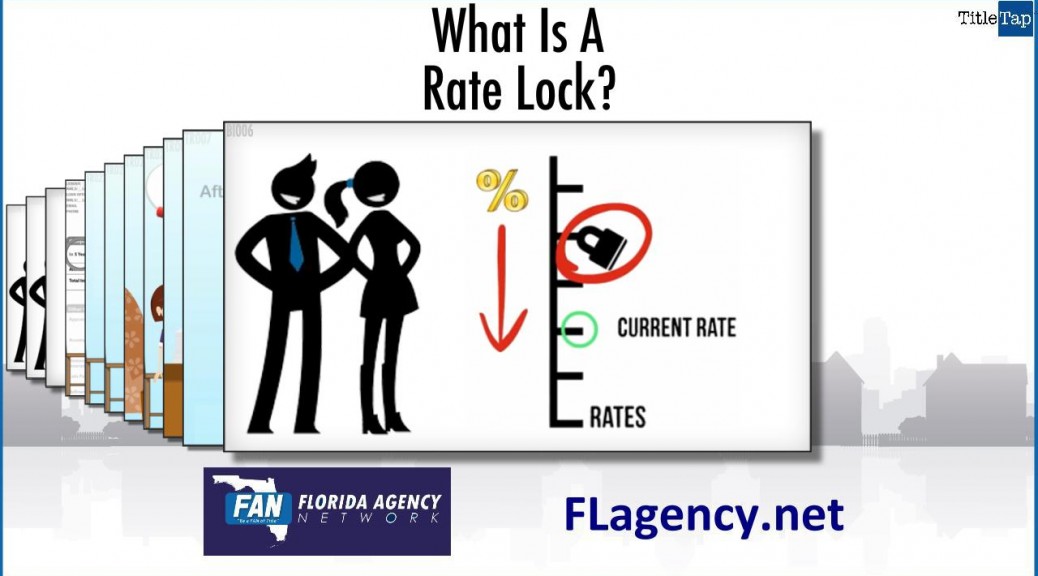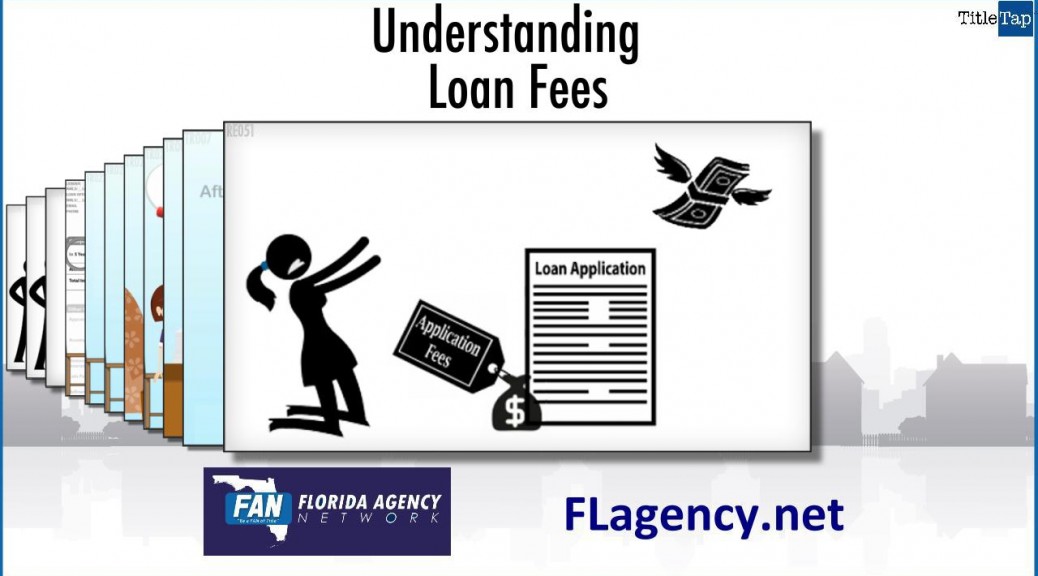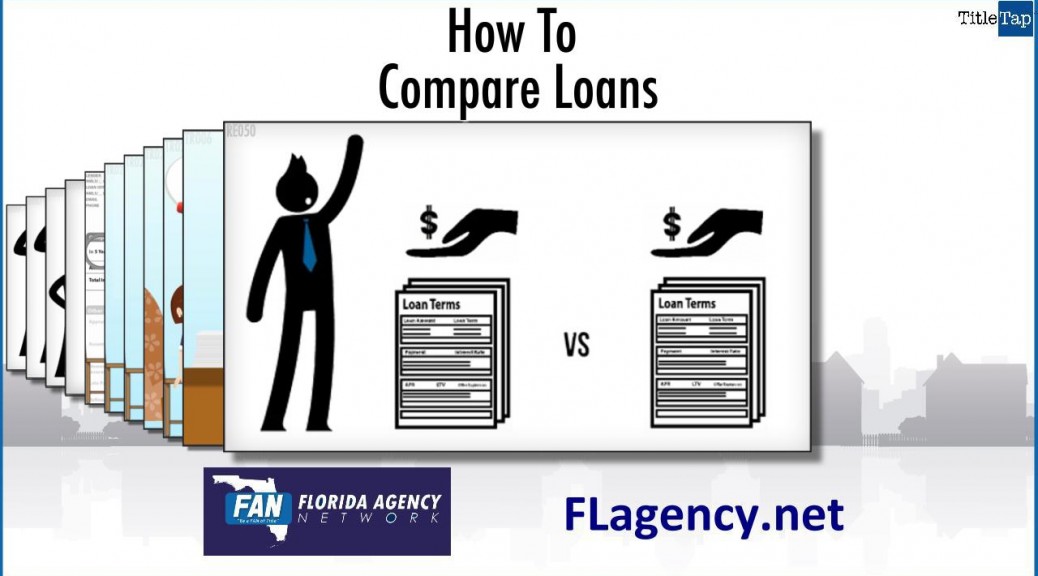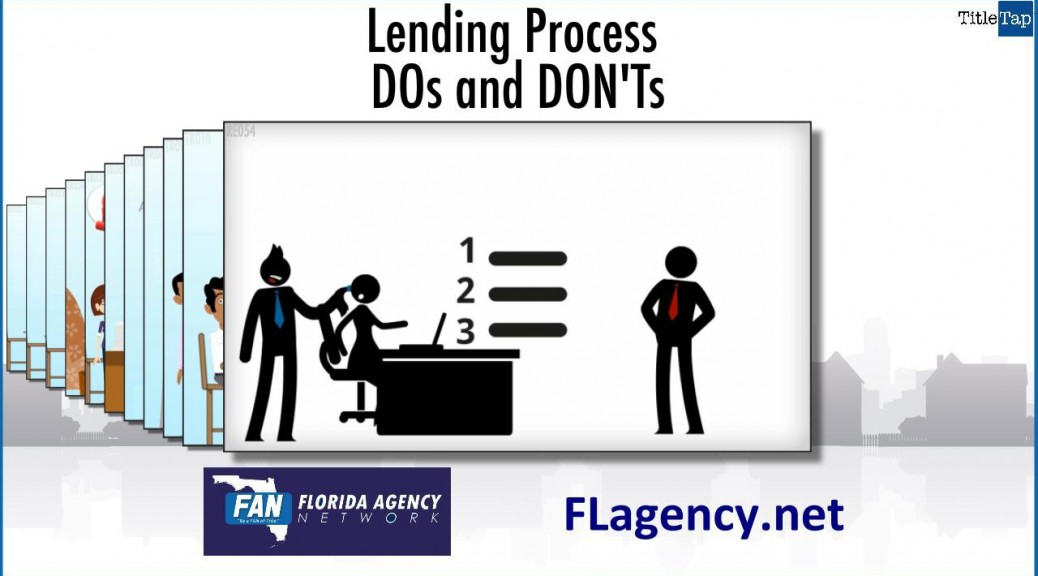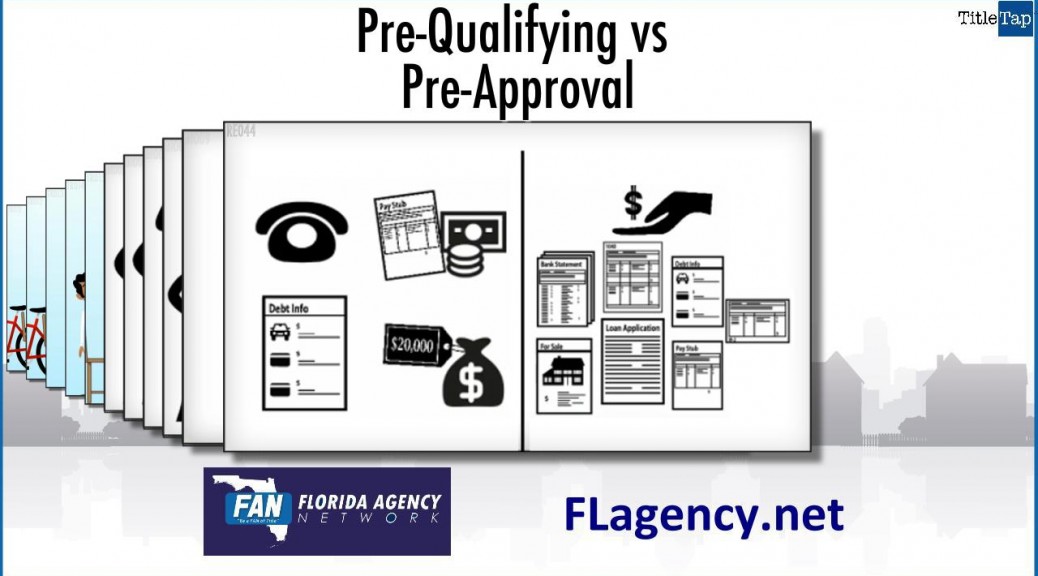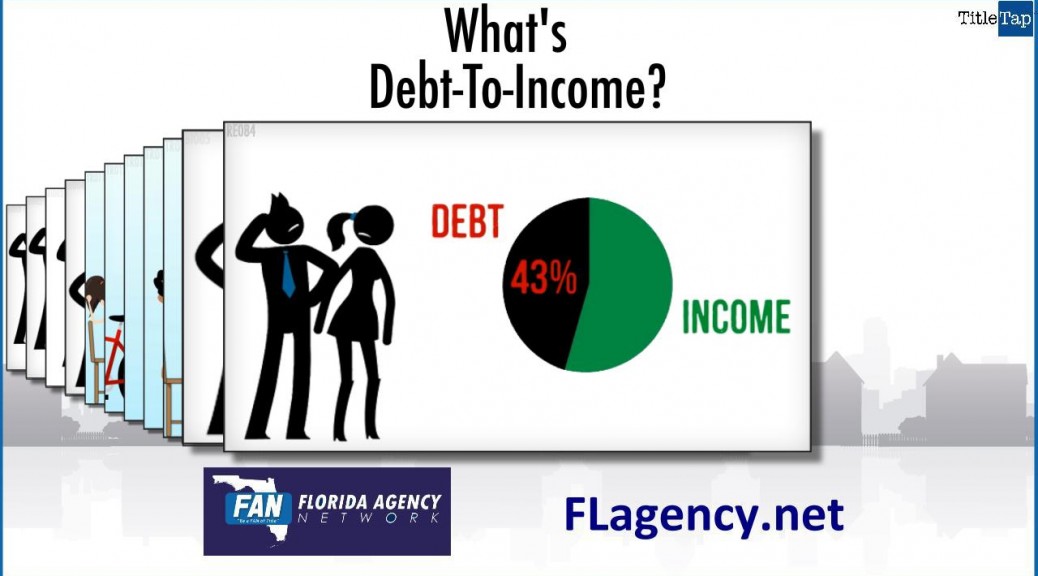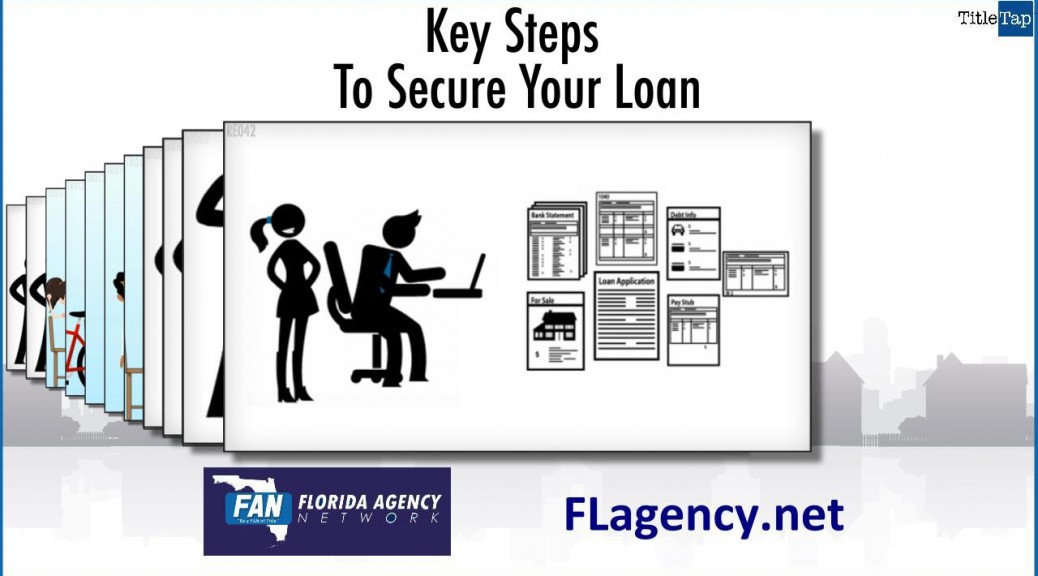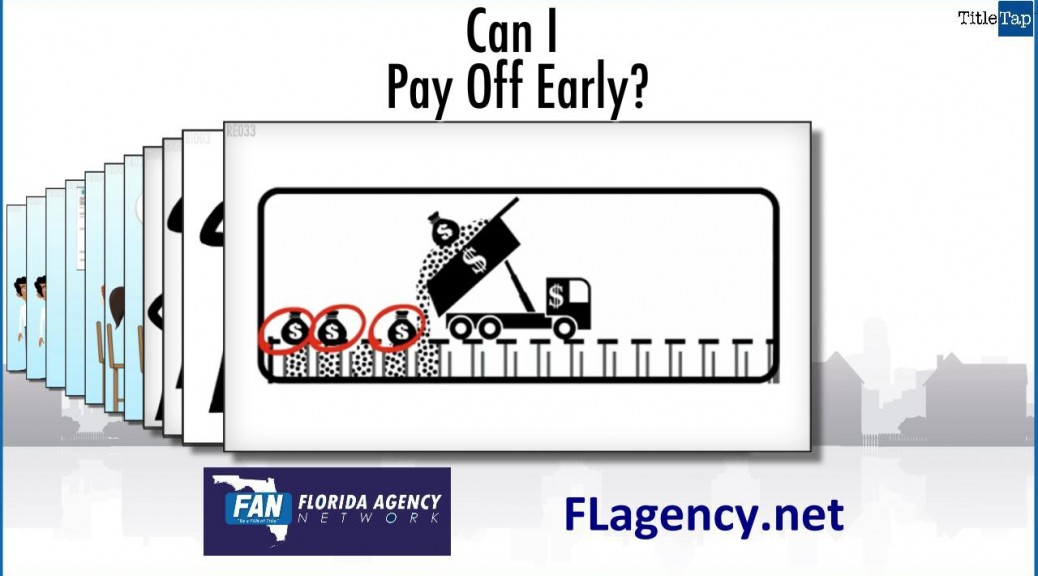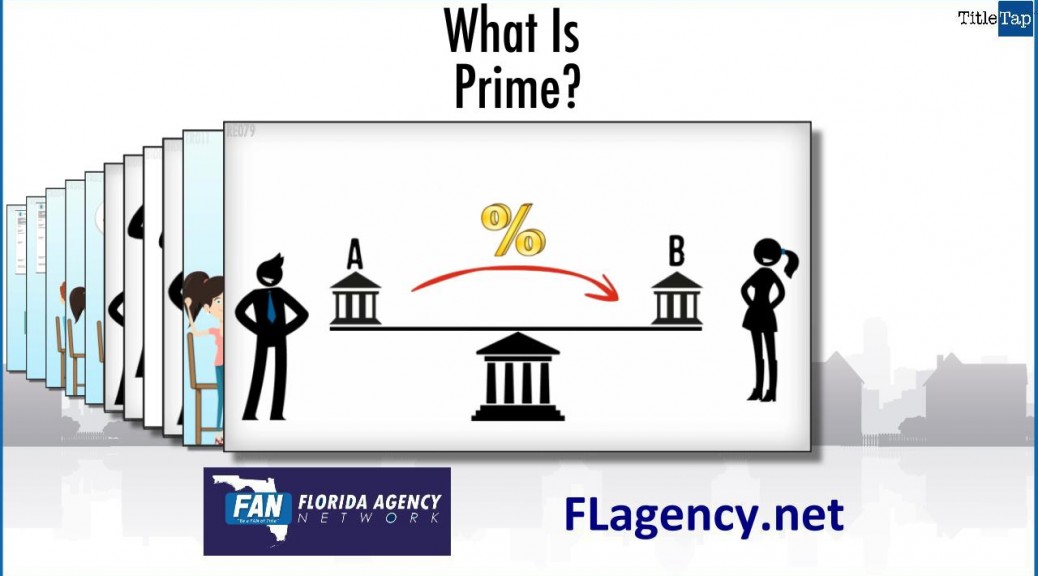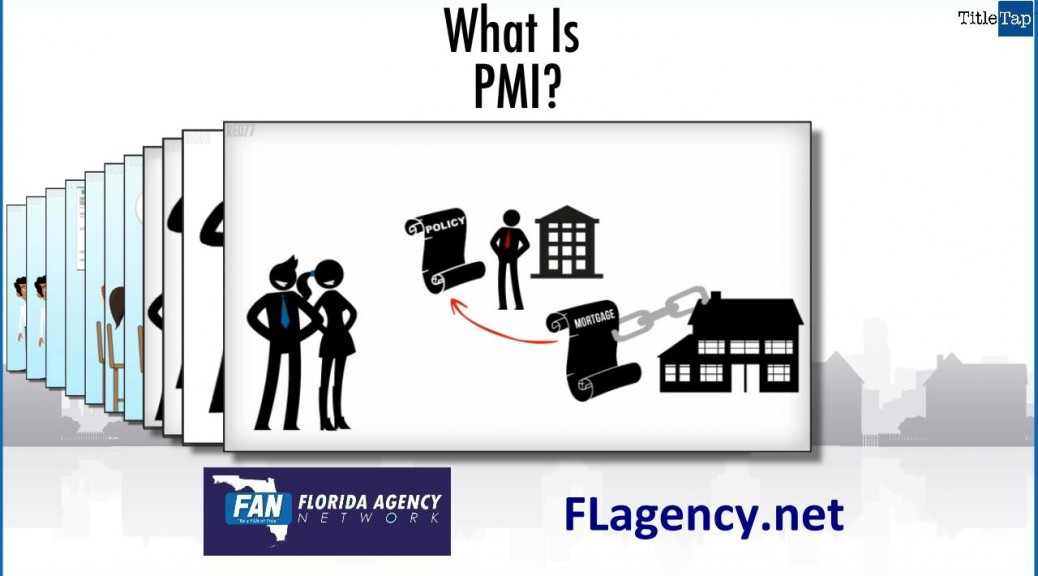http://fwd5.wistia.com/medias/qij0h2h1e5?embedType=iframe&videoFoam=true&videoWidth=640
Mortgage rates change constantly through an unpredictable combination of government policies and economic conditions. This video explains the common term ‘rate lock.’
A “Rate Lock” is a guarantee that a lender will honor a specific combination of interest rates and points for a given period of time. A lock protects a buyer from rate increases but commits them to a higher rate if mortgage rates fall below the locked rate.
As of 2014, rate locks aren’t usually an option until a purchase offer for a specific property – new-home or resale – has been accepted by the seller. The borrower’s credit score, the loan-to-value ratio property type, location and other factors plus, of course, market rates and market conditions will also affect rate-lock decisions.
Decide whether to lock or “float” based on your capacity for risk and your best rational knowledge about construction and closing schedules. If your rate lock expires an extension might be available but both you and the lender will be looking at current mortgage rates to decide the best option.

